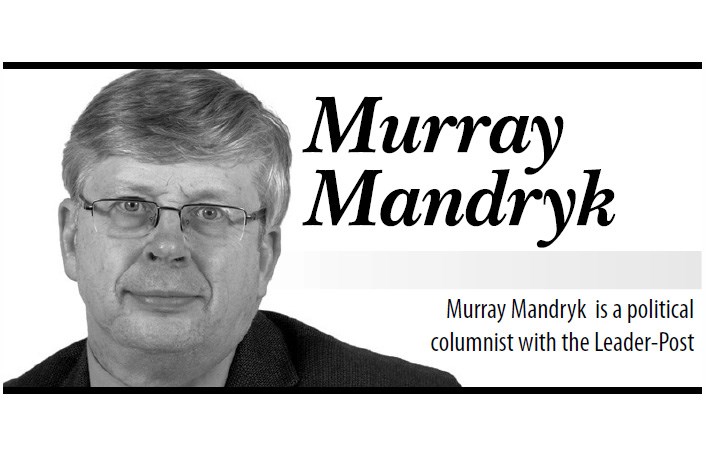Admittedly, it’s not quite as crass as the last time Saskatchewan voters saw a summer campaign.
Most of you in rural Saskatchewan will recall that provincial election in 1999 – the one that former NDP premier Roy Romanow called in the middle of August for a September 16 vote.
That’s right. A September 16 vote that happened to coincide with the middle of a Saskatchewan harvest. Few political observers viewed this as a mere coincidence.
Knowing that their support in rural Saskatchewan had dramatically dwindled since the 1993 closure of 52 rural hospitals, NDP strategists thought it clever to call a campaign when farmers – the least likely to vote NDP – would be more preoccupied with earning their livelihood for the year.
Adding insult to injury were the pathetic excuses that it was necessary to call a Saskatchewan vote this early because the NDP were concerned about the dangers of elderly voters slipping on the ice as they made their way to the polls.
As it turned out, farmer backlash was such that the NDP were shutout in all but three rural seats.
Moreover, Romanow’s successor Lorne Calvert would call the next two elections for the first week in November, making the NDP’s excuse for a September 16 poll so much nonsense.
In fairness to Prime Minister Stephen Harper, federal elections are different and October 19 is a generous post-harvest date for today’s prairie farmer.
And neither farmers nor anyone else could care that much about whether or not politicians choose to campaign in the summer.
But farmers and others care a whole lot about whether or not their hard-earned tax dollars are С����Ƶ wasted. And in that regard, Prime Minister Stephen Harper was С����Ƶ less than honest with all voters when he suggested that an 11week campaign – Canada’s longest campaign in 100 years – does not come with a significantly higher price tag.
In announcing the start of the campaign earlier this month, Harper suggested it was necessary to officially start the campaign because his opponents were campaigning already.
Moreover, since political parties were just spending their own money anyway, there is really no consequence to this longer campaign, Harper said.
This was utter nonsense.
For starters, no one was campaigning harder than Harper and the Conservatives. Remember all those “he’s just not ready” Justin Trudeau ads than ran before the writ was dropped?
Worse yet, there were the hundreds of millions in taxpayer-paid announcements made by Harper’s government prior to calling the election (although, in fairness, all governments have pulled that trick).
However, what Harper seemed to conveniently forget is that he changed the Election Act so that the maximum $25 million each party can spend in a campaign was increased by nearly $600,000 for each day beyond 37 days.
In the case of an 11week campaign that works out to an additional $50 million for each party – potentially $100 to$150 million more.
And Harper also seemed to forget that party money is subsidized by taxpayers to the tune of 50 to 60 per cent –depending on the nature of the expense.
It may not be quite as bad as 1999. But it is another case of a leader manipulating the election date to his party’s advantage.




